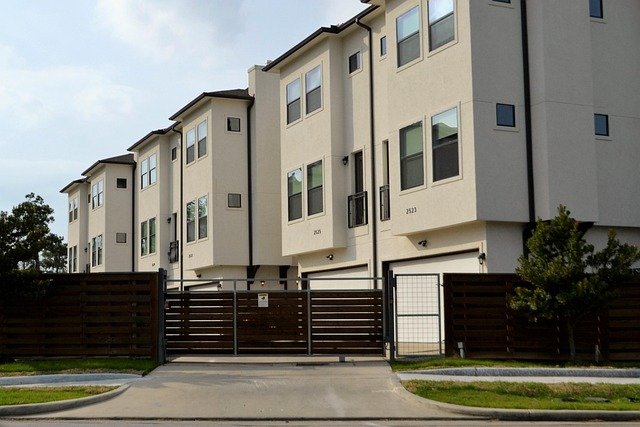Coastal Property Considerations
Beachfront properties require special consideration of environmental factors and maintenance requirements. Salt air corrosion affects metal components, while sand infiltration can impact plumbing and HVAC systems. Building materials should be chosen for their resistance to moisture and salt damage, with stainless steel fixtures and treated wood being essential.

Evaluate Coastal Construction Materials: Durability Matters
Selecting appropriate construction materials is critical for beach house longevity. Coastal environments present unique challenges like saltwater corrosion, high humidity, and intense wind exposure. Recommended materials include:
-
Corrosion-resistant metals like stainless steel
-
Treated hardwoods with marine-grade protection
-
Concrete and fiber cement siding
-
Aluminum window frames
-
Specialized marine-grade paint systems
These materials provide enhanced resistance against environmental stressors, reducing maintenance costs and extending the property’s structural integrity.
Analyze Insurance Requirements and Costs: Protecting Your Investment
Coastal property insurance differs significantly from standard homeowners coverage. Key considerations include:
-
Flood insurance (often mandatory in coastal zones)
-
Wind damage protection
-
Hurricane and storm surge coverage
-
Elevated building requirements
-
Potential higher premium structures
| Insurance Type | Average Annual Cost | Coverage Focus |
|---|---|---|
| Standard Homeowners | $1,200 | Basic Property |
| Coastal Special | $3,500 - $5,000 | Enhanced Environmental Risk |
| Flood Insurance | $700 - $1,500 | Water Damage Protection |
Prices, rates, or cost estimates mentioned in this article are based on the latest available information but may change over time. Independent research is advised before making financial decisions.
Understand Rental Management Options: Maximizing Property Potential
Beach houses can generate significant rental income when strategically managed. Considerations include:
-
Local short-term rental regulations
-
Professional property management services
-
Online booking platform integration
-
Seasonal pricing strategies
-
Marketing and property presentation
Effective rental management can offset ownership costs and transform a beach house from a personal retreat into a potential investment vehicle.
Location and Environmental Factors
Beyond construction and insurance, location plays a crucial role in beach house selection. Important factors include:
-
Proximity to erosion-prone areas
-
Local climate patterns
-
Elevation and flood zone classification
-
Infrastructure and community resilience
-
Future climate change projections
Comprehensive research and professional assessments can help mitigate potential environmental risks.
Financial Planning and Long-Term Considerations
Successful beach house ownership requires comprehensive financial planning. Recommended strategies include:
-
Creating a dedicated maintenance fund
-
Understanding local tax implications
-
Evaluating long-term appreciation potential
-
Considering potential climate change impacts
-
Exploring potential tax deductions
Beach house ownership combines lifestyle enjoyment with strategic investment potential. Thorough research, professional guidance, and careful planning are essential for a successful coastal property experience.




